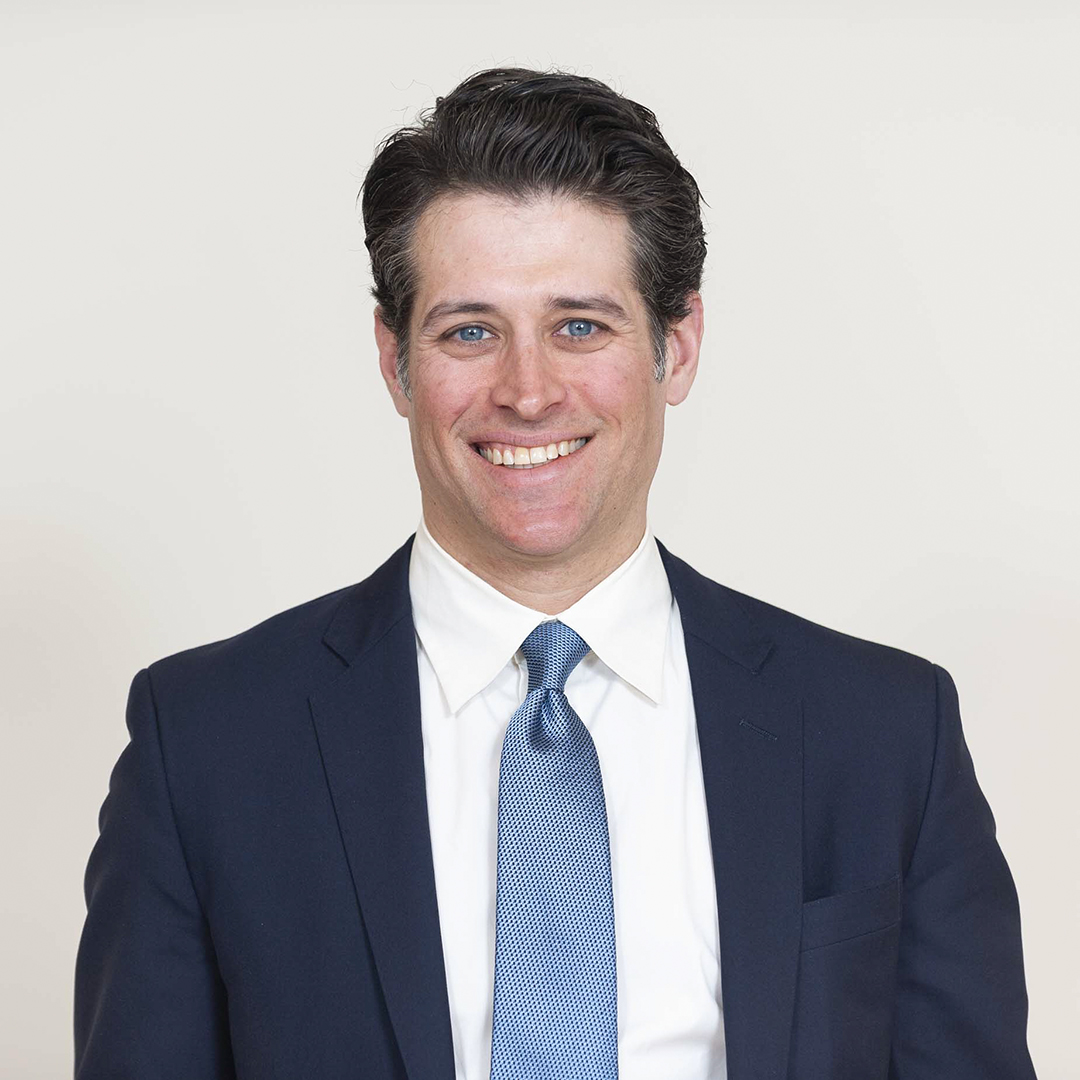Greg Sowers never thought he’d be practicing law within the healthcare space. “Everything that I had built my hopes and dreams on centered around entertainment law,” Sowers explains. Directly after law school, he started his first job at a sports and entertainment firm in Hollywood. “I had all of this really cool work coming in, I had passes to all the sporting events, I got to sit on some huge sponsorship negotiations—this job gave me exposure and experience to things that I never would have been able to do on my own.”

Though he only stayed with this firm for four years, Sowers learned how to hone one of his most valuable assets while with them: his negotiation skills. “While working for this firm, I tried some negotiation tactics against experienced negotiators, and I got destroyed by them,” he remembers, laughing. “But I learned from failure and became a pretty solid negotiator during those four years.” Several years down the line, those negotiations skills are what fielded him an offer from his current employer, MemorialCare.
“A recruiter somehow saw my résumé and asked if I would be interested in meeting with MemorialCare’s general counsel,” Sowers explains. “I told them that I didn’t have a lot of experience within healthcare, but they really liked my contracting and negotiations skills. They thought that they could use that skill set, and the healthcare part they would help me learn along the way.”
That was just over twelve years ago. “I didn’t really choose healthcare, it chose me,” he jokes. Sowers currently serves as MemorialCare’s senior counsel, providing legal support for its supply chain.
MemorialCare is a nonprofit integrated health system that includes four leading hospitals, two award-winning medical groups, a health plan, and convenient outpatient health centers, urgent care centers, imaging centers, breast centers, surgical centers, and dialysis centers throughout Orange and Los Angeles Counties.
Throughout his tenure at MemorialCare, Sowers has used his prior experience to strengthen and leverage his negotiations skills, build a culture of understanding surrounding a flexible work schedule, and demonstrate value from a cost savings perspective. To achieve some of these things, Sowers believes it’s imperative “to disrupt the norm.”
“I have a legal responsibility at the organization to mitigate and avoid risk, but I also need to show value by delivering continued cost savings. What I had noticed after a few years at MemorialCare was that the product and services vendors were kicking their feet up and not being challenged to work for our business. Once I was able to retrieve reliable benchmarking data, we discovered that these vendors were charging us five to ten times more than their competitors,” Sowers explains. “Data is pretty powerful, and I, as senior counsel, have to watch out for the bottom line.”
“With this, being creative meant being inclusive . . . If I can show people where there is risk and show them both data and the law itself, we can problem solve and work through things.”
Sowers worked collaboratively with his supply chain leadership to convince the executive team to support challenging these vendors to lower their prices to market value. These suppliers had been providing goods and services to MemorialCare for many years before Sowers arrived, however. So, most of their business was premised not by the quality of their products or services but through their strong relationships with the health system’s most senior physicians.
“Disrupting the culture to produce business accountability was challenging,” he says. “The team received a lot of pushback for years, but changes needed to be made to ensure that fairness was developed between customer and supplier that would ultimately permit business to thrive—and of course, this was disruptive.”

Naturally, to make the seemingly disruptive path lead to the most prosperous end position, Sowers needs his team to be behind him along the way. He emphasizes the importance of collaboration and collective effort. “At my company, it takes a village,” Sowers says. “I am part of a team. We focus on collaborating with executive management and making friends with the physicians to make it known that we don’t want to take things away from them, we want to support them while being shepherds of the company’s dollar.”
To execute this type of collaboration and problem-solving, Sowers has had to get a little creative with his solutions. “With this, being creative meant being inclusive. When I came in, I made plenty of mistakes,” he notes, laughing. “I sort of started out on the wrong foot by telling people they couldn’t do certain things from a financial, contractual, legal standpoint. But I learned that the best way to do this was to show people the data and get them involved. If I can show people where there is risk and show them both data and the law itself, we can problem solve and work through things.”
When discussing his creative strategy, Sowers circled back to the importance of bringing his team into his process. “Everything I do is as a team. To some extent, my department is a democracy,” Sowers says. “It is so valuable to ask the people I work with about their opinions on issues. It gives them ownership to the solutions we are trying to create.”
With some of MemorialCare’s more recent, pressing campaigns, for example, the distribution of virtual health applications, Sowers is relying on his team for an expedited process. “There’s a lot of risk with these online platforms, but we’re going to analyze the risk, complete some background checking, protect against the high-risk issues, and move forward,” he says. “We cannot always be bogged down by all the reasons that we normally can’t do something, rather we need to look at all of the reasons that allow us to be innovative, move forward, and get this done.”


